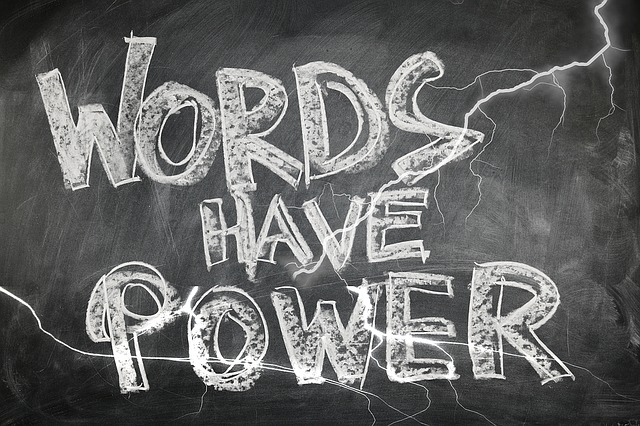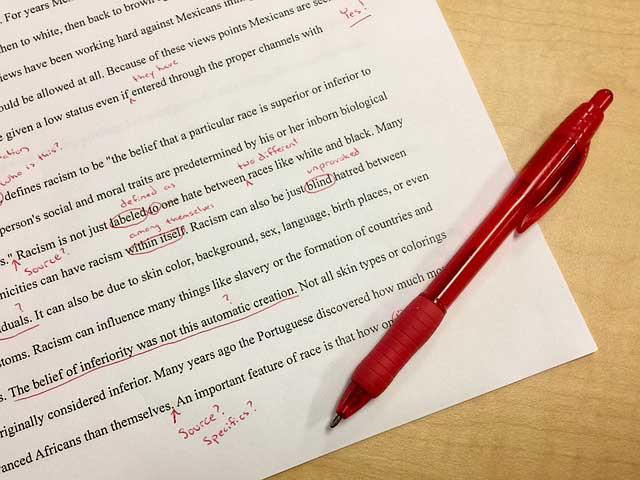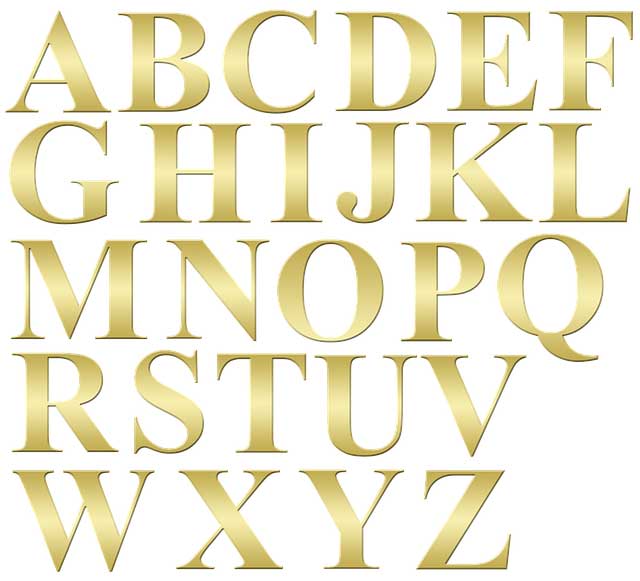List of Strong Verbs: 300 Powerhouse Words for Nonfiction Writers
You know the feeling–you’re working on a piece and the words just seem flat. Don’t worry, you’re not alone. Have you ever wondered how to inject some excitement into your prose without going overboard? One of the secrets to making your writing more engaging is using strong verbs. They add vigor and clarity, transforming your…










